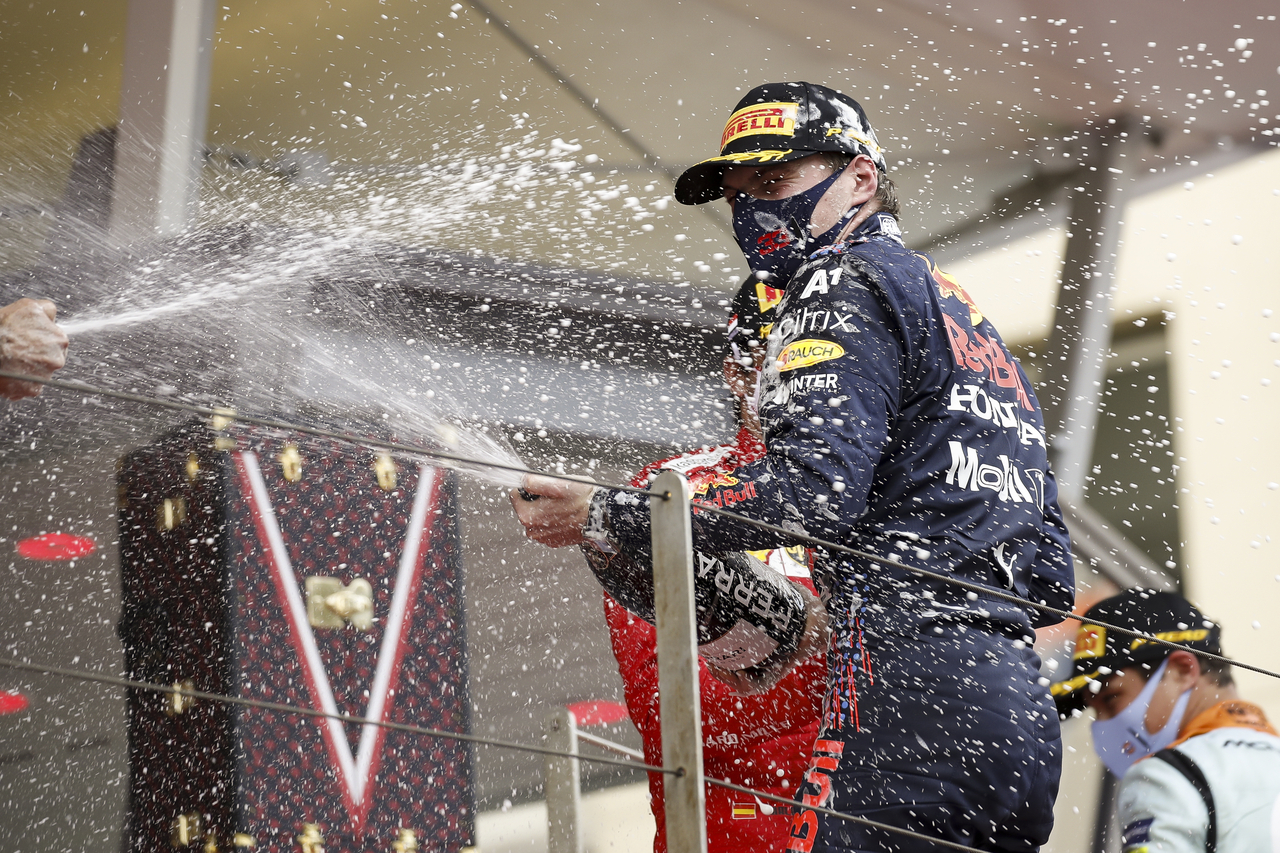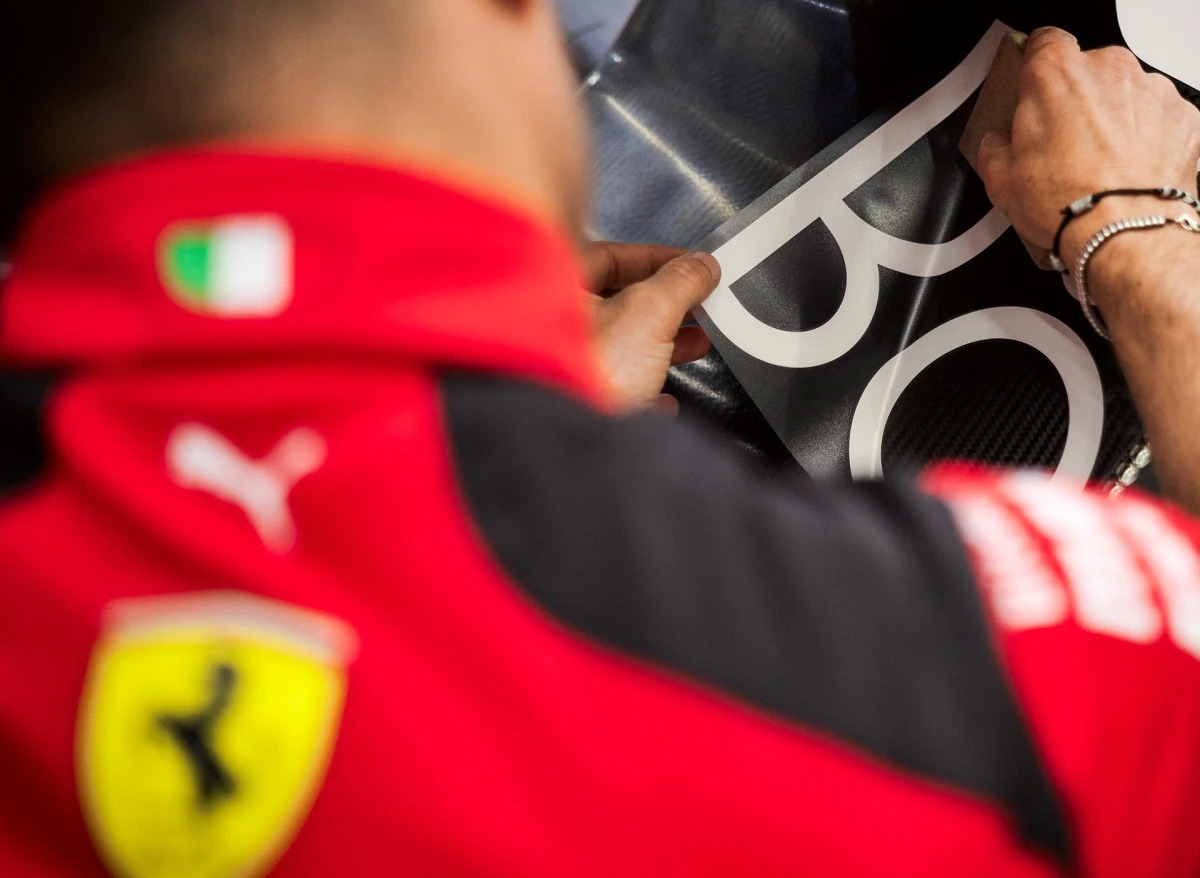The Grand Prix of America was supposed to bring the glitz and glamour of Formula 1 racing to the streets of Weehawken, New Jersey. The event was announced in 2011 and was set to take place in 2013, but unfortunately, it never came to fruition. Despite high expectations, the Grand Prix of America ultimately failed to materialize, leaving many disappointed fans and stakeholders.
The idea behind the Grand Prix of America was to create a street circuit that would rival other iconic race tracks in the Formula 1 calendar, such as Monaco and Singapore. The proposed track would have offered stunning views of the Manhattan skyline, adding to the allure of the event. However, behind the scenes, there were numerous challenges that ultimately led to the cancellation of the race.
One of the main obstacles the organizers faced was securing the necessary funding to host the event. Building a street circuit in a densely populated area like Weehawken required significant financial investment, and the organizers struggled to secure the necessary backing. As a result, construction of the track fell behind schedule, and the race was forced to be postponed several times.
In addition to financial challenges, there were also logistical hurdles that proved to be too difficult to overcome. The tight streets of Weehawken presented challenges for both the construction of the track and the hosting of the race itself. There were concerns about traffic congestion, noise levels, and the impact on local residents, which ultimately led to resistance from the community.
After several delays and setbacks, the Grand Prix of America was officially canceled in 2014. The dream of hosting a Formula 1 race in New Jersey had come to an end, leaving many disappointed fans and stakeholders. The failed event served as a reminder of the complexities and challenges of organizing a high-profile sporting event, especially in a densely populated urban area.
While the Grand Prix of America may have never come to fruition, the legacy of the event lives on in the hearts of Formula 1 fans. The dream of hosting a race in New Jersey may have been dashed, but the passion for motorsports in the United States remains strong. Perhaps one day, another city will rise to the challenge and successfully host a Formula 1 race, bringing the excitement and thrill of the sport to a new audience. Until then, fans will continue to remember the failed Grand Prix of America as a missed opportunity, but also as a reminder of the complexities of hosting a major sporting event.



